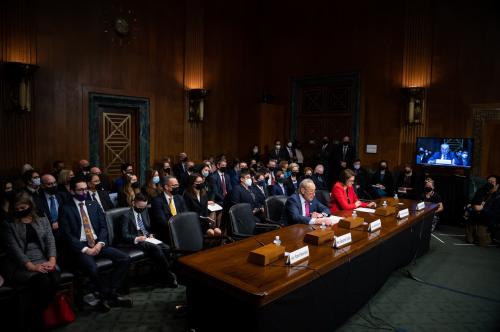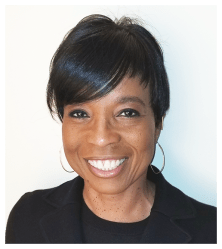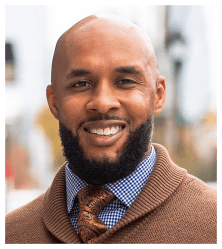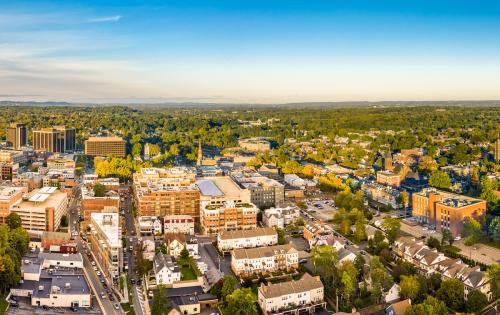

1:00 pm EDT - 2:30 pm EDT
Past Event
Charlotte, N.C., is a city rich with opportunities, but those opportunities are not equitably shared. In 2014, Charlotte placed 50th out of 50 in a ranking of cities for upward mobility. Now the city aspires to be a horizon community, one where all can rise. In a new paper titled, “How We Rise: How social networks in Charlotte impact economic mobility” from How We Rise, a Brookings project focused on solutions to upend structural racism and create a more equitable society, Brookings scholars present analysis of Charlotte’s social capital and social connections, past policy decisions, and policy opportunities. The paper’s findings underscore social networks, providing access to support, information, power, and resources, as a critical and often neglected element of opportunity structures. The authors argue that social capital matters for mobility.
The city’s sharp divides in social capital contribute to its underperformance in terms of social mobility. The role of intergenerational networks is an especially stark illustration of broader inequalities: white wealth and support consistently cascade down the generations; not so for Blacks and Latinos. But these social capital gaps do not emerge out of thin air. They are, to a large extent, the result of specific policy choices.
On October 16, the Race, Prosperity and Inclusion Initiative at Brookings hosted a webinar to present the findings of the paper and to examine the role of social networks in economic mobility and equity in Charlotte. Panelists discussed the dynamics of social connections and policy solutions that can address equity goals.
Viewers submitted questions for speakers by emailing [email protected] or via Twitter at @BrookingsGov or by using #HowWeRise.





Panelist




Sarah A. Binder, Naomi Maehr, Sarah Devendorf
September 23, 2024

Ian Seyal, Greg Wright
September 20, 2024

Barry G. Rabe
September 19, 2024